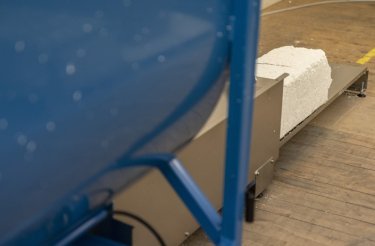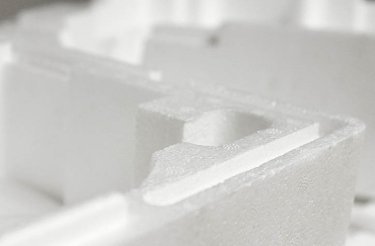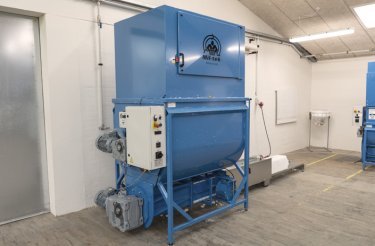
Can EPS Polystyrene Be Recycled?
Discover all about EPS Polystyrene recycling in our expert guide, presented by Mil-tek. Learn how this material can be handled for responsible disposal.
Can EPS Polystyrene Be Recycled?
Expanded polystyrene (EPS) plays a critical role in countless industries thanks to its unique combination of physical properties. Known for being strong, lightweight, impact-resistant, and thermally insulating, EPS outperforms many alternative materials. When paired with thoughtful engineering, these qualities allow for exceptional design flexibility – making it ideal for producing cost-efficient packaging, effective home insulation, and other protective solutions.
As demand for EPS continues to climb, so do concerns about its end-of-life impact. Once it ends up in a landfill, EPS can linger for decades, as it breaks down extremely slowly. While it represents less than 1% of total municipal trash by weight, its large volume creates significant disposal challenges. Because it decomposes so slowly in nature, unsustainable single-use habits contribute to the spread of “white pollution.” This makes it essential for industries that rely on EPS to take proactive steps in managing and reducing their EPS trash.

EPS Polystyrene Is Fully Recyclable
What many people don’t realize is that EPS polystyrene can be recycled completely – and this is done by consumers and businesses around the world. Once compacted, it can be transformed into a wide range of new products. EPS from any industry can be processed, though it’s not reused for making cups, foam trays, or other food-contact items. Instead, it finds new life in applications such as outdoor furniture, window frames, roofing tiles, seedling trays, and more. Mixed with compost and soil, it improves aeration. Combined with plastics, it can be turned into decking boards. When integrated with concrete, it can produce prefabricated blocks—making it a valued material in construction.
Although EPS is entirely recyclable, the process can be challenging for households, particularly when local expertise aren’t available. Ideally, EPS should be sorted out before it enters the trash stream to prevent contamination and ensure it’s ready for recycling.

Eco-Friendly Disposal
Businesses have a unique advantage when it comes to handling EPS responsibly. By using EPS recycling compactors, they can adopt practices that are both cost-efficient and environmentally conscious. These machines compress large volumes of foam trash, making it easier to transport for recycling or even converting it into a source of revenue.
While EPS takes a long time to naturally break down, recycling offers a clear benefit, since it allows the material to be reused repeatedly, helping cut down on plastic trash.
In the end, no matter how much EPS polystyrene is in use, what matters is it’s disposed of in a way that’s kind to the environment. Simple actions, like recycling whenever possible, contribute to global sustainability efforts and help lower carbon emissions – it doesn’t take much.

What’s on Your List to Compact?
Get in touch if you’re interested in learning how Mil-tek can help your business improve its trash management processes.
You’ll be hearing from us shortly.